Year 6
The English curriculum is built around the three interrelated strands of language, literature and literacy. Teaching and learning programs should balance and integrate all three strands. Together, the strands focus on developing students' knowledge, understanding and skills in listening, reading, viewing, speaking, writing and creating. Learning in English builds on concepts, skills and processes developed in earlier years, and teachers will revisit and strengthen these as needed.
In Years 5 and 6, students communicate with peers and teachers from other classes and schools, community members, and individuals and groups, in a range of face-to-face and online/virtual environments.
Students engage with a variety of texts for enjoyment. They listen to, read, view, interpret and evaluate spoken, written and multimodal texts in which the primary purpose is aesthetic, as well as texts designed to inform and persuade. These include various types of media texts including newspapers, film and digital texts, junior and early adolescent novels, poetry, non-fiction and dramatic performances. Students develop their understanding of how texts, including media texts, are influenced by context, purpose and audience.
The range of literary texts for Foundation to Year 10 comprises Australian literature, including the oral narrative traditions of Aboriginal and Torres Strait Islander Peoples, as well as the contemporary literature of these two cultural groups, and classic and contemporary world literature, including texts from and about Asia.
Literary texts that support and extend students in Years 5 and 6 as independent readers describe complex sequences, a range of non-stereotypical characters and elaborated events including flashbacks and shifts in time. These texts explore themes of interpersonal relationships and ethical dilemmas within real-world and fantasy settings. Informative texts supply technical and content information about a wide range of topics of interest as well as topics being studied in other areas of the curriculum. Text structures include chapters, headings and subheadings, tables of contents, indexes and glossaries. Language features include complex sentences, unfamiliar technical vocabulary, figurative language, and information presented in various types of graphics.
Students create a range of imaginative, informative and persuasive types of texts such as narratives, procedures, performances, reports, reviews, explanations and discussions.
(source: www.australiancurriculum.edu.au)
Achievement Standard
Receptive modes (listening, reading and viewing)
By the end of Year 6, students understand how the use of text structures can achieve particular effects. They analyse and explain how language features, images and vocabulary are used by different authors to represent ideas, characters and events.
Students compare and analyse information in different and complex texts, explaining literal and implied meaning. They select and use evidence from a text to explain their response to it. They listen to discussions, clarifying content and challenging others' ideas.
Productive modes (speaking, writing and creating)
Students understand how language features and language patterns can be used for emphasis. They show how specific details can be used to support a point of view. They explain how their choices of language features and images are used.
Students create detailed texts elaborating on key ideas for a range of purposes and audiences. They make presentations and contribute actively to class and group discussions, using a variety of strategies for effect. They demonstrate an understanding of grammar, and make considered vocabulary choices to enhance cohesion and structure in their writing. They use accurate spelling and punctuation for clarity and make and explain editorial choices based on criteria.
(source: www.australiancurriculum.edu.au)
- Plus Plan
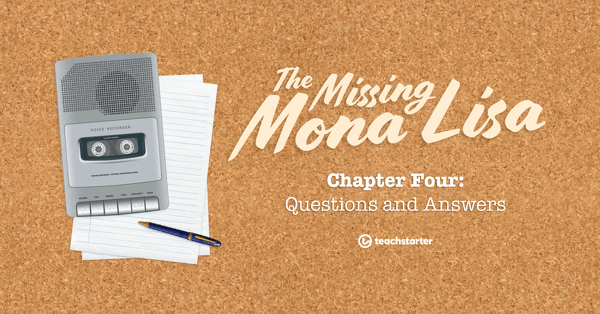
The Missing Mona Lisa – Chapter 4: Questions and Answers
This chapter of the exciting Missing Mona Lisa Adventure provides the Adventure Agents with three police interviews from the five main suspects. What extra clues will they provide to help find the thief?
- Plus Plan
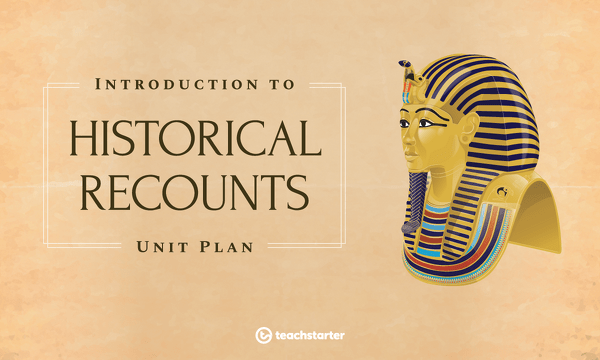
Introduction to Historical Recounts Unit Plan
This English unit has been designed to introduce the historical recount text type to older students; specifically, the purpose, structure and language features of factual historical recounts.
- Plus Plan
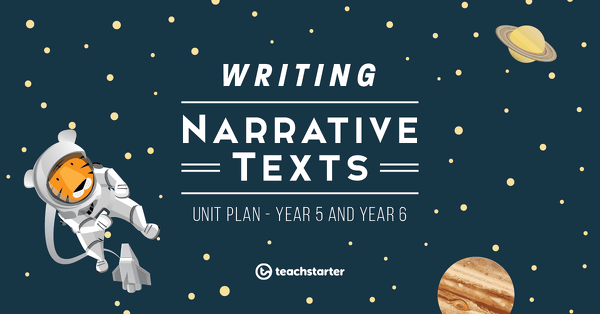
What's The Story With Stories?
- Plus Plan
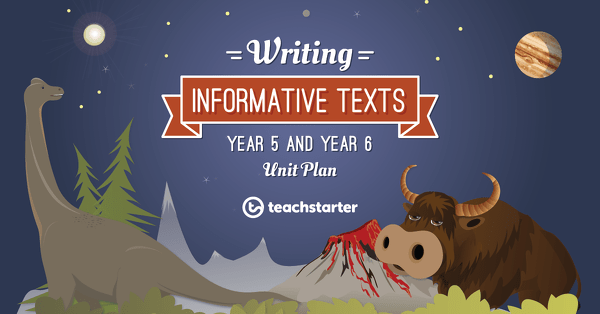
Informative Texts - Language Features
A 60 minute lesson in which students will identify and explore the language features of informative texts.
- Plus Plan
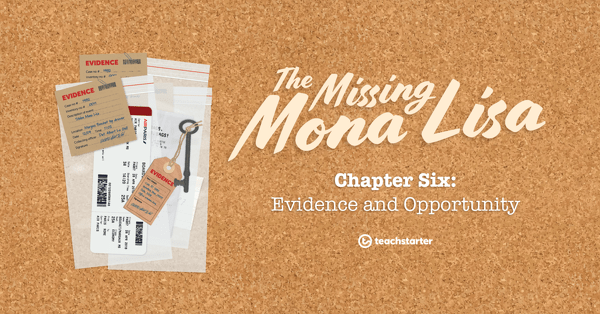
The Missing Mona Lisa – Chapter 6: Evidence and Opportunity
The Adventure Agents will begin bringing all the information from the witnesses and evidence together to start forming a picture of what happened on the night the Mona Lisa was stolen.
- Plus Plan
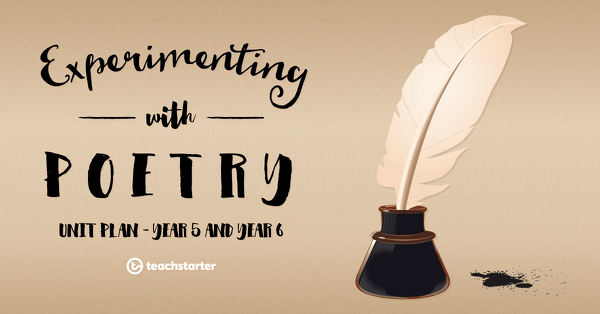
Narrative Poetry - Simple Ballads
A 60 minute lesson in which students will plan and write a simple ballad.
- Plus Plan
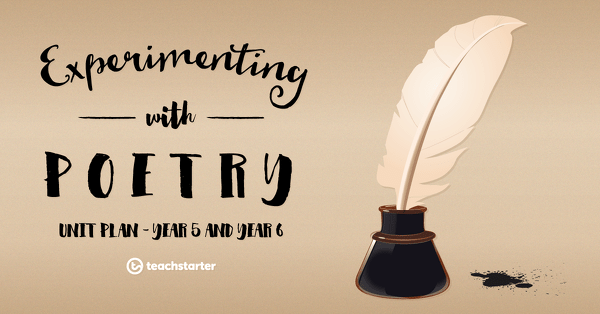
Concrete Poetry - Shape Poems
A 60 minute lesson in which students will plan and write a shape poem.
- Plus Plan
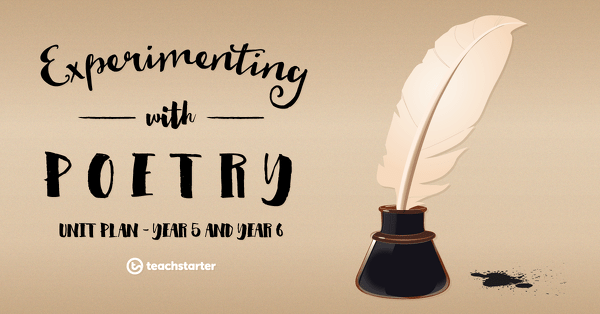
Idioms
A 60 minute lesson in which students will explore some commonly used idioms.
- Plus Plan
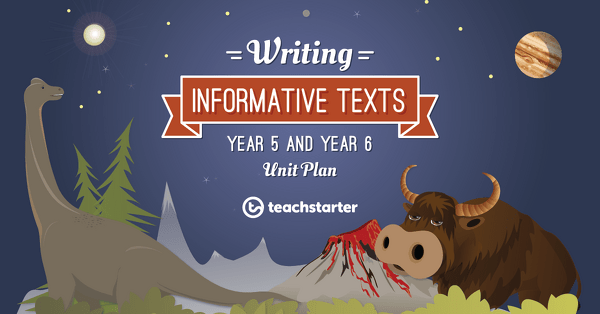
Research Skills - Note Taking
A 60 minute lesson in which students will take appropriate notes from an informative text.
- Plus Plan
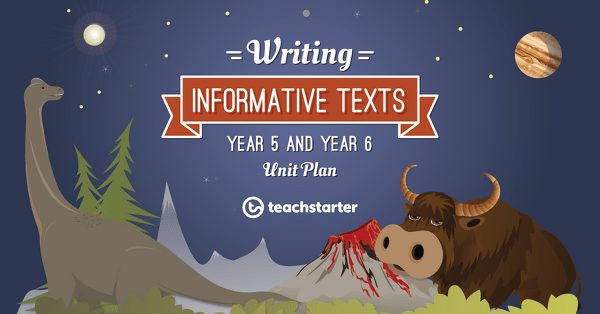
Constructing a Paragraph - Modelled Writing
A 60 minute lesson in which students will correctly construct an informative paragraph.
- Plus Plan
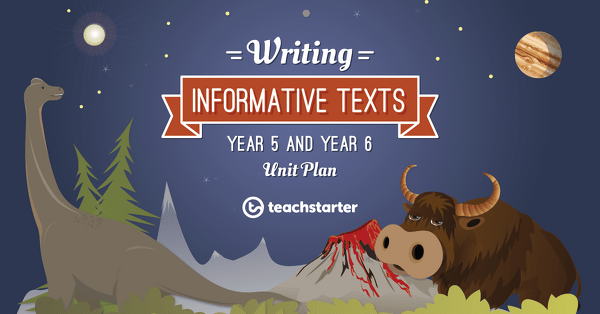
Informative Paragraph Structure
A 60 minute lesson in which students will explore the correct paragraph structure for informative writing.
- Plus Plan
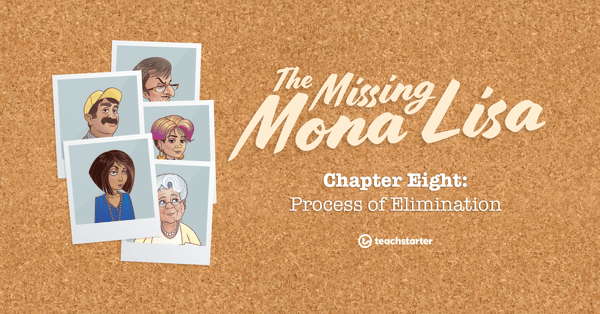
The Missing Mona Lisa – Chapter 8: Process of Elimination
It's getting closer now - the Adventure Agents are closing in of the thief. They now need to write a persuasive piece in order to get a warrant. Time is of the essence!
- Plus Plan
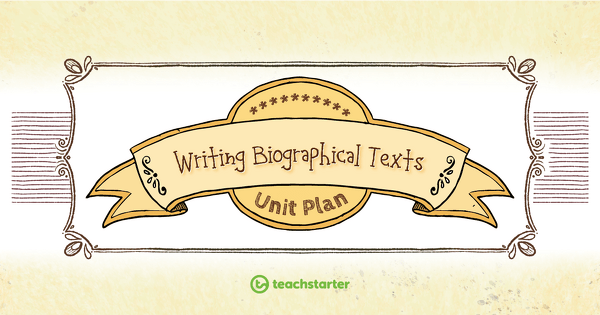
Shared Writing – A Teacher's Life
A 60 minute lesson in which students will write a biography in pairs about a teacher’s life using primary information.
- Plus Plan
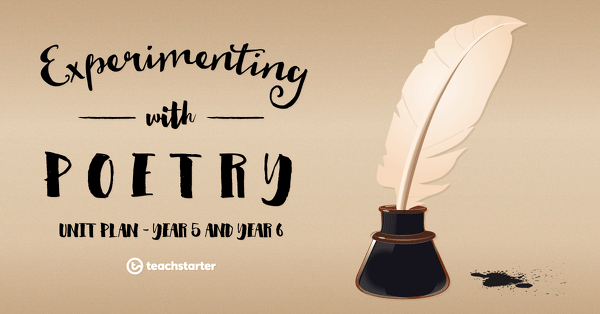
Assessment - Experimenting with Poetry
An assessment task in which students will demonstrate an understanding of the elements of poetry by writing an ode and a ballad.
- Plus Plan
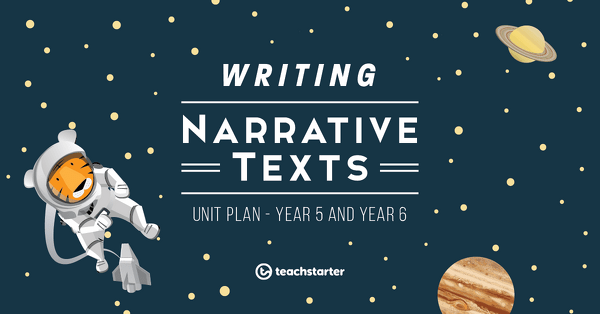
Writing a Narrative - Sensational Story Starters
A 60 minute lesson in which students will investigate exciting, attention-grabbing methods of starting a story.
- Plus Plan
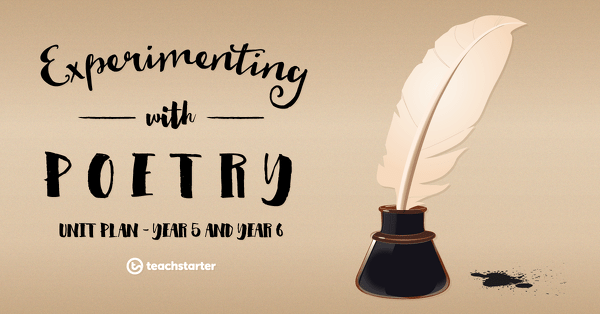
Descriptive Poetry - Odes
A 60 minute lesson in which students will plan and write an ode.
- Plus Plan
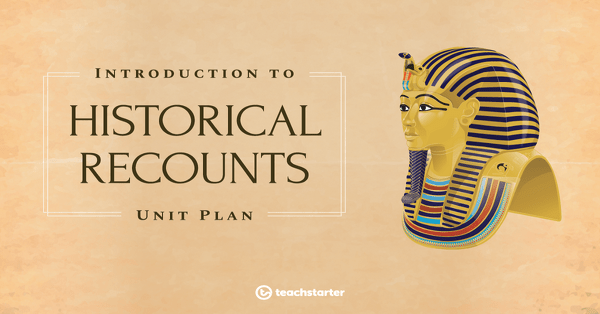
Historical Recounts - Language Features
A 60 minute lesson in which students will identify and explore the language features of historical recounts.
- Plus Plan
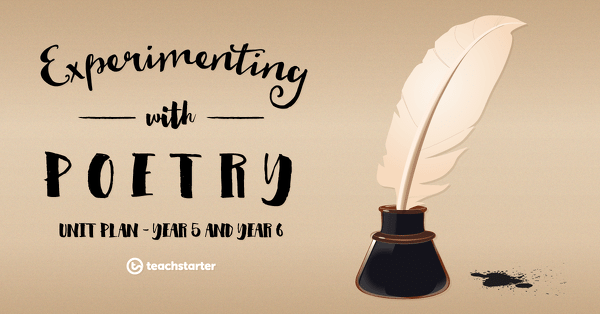
The Poet's Lament
A 60 minute lesson in which students will explore their preconceived ideas and attitudes towards poetry.
- Plus Plan
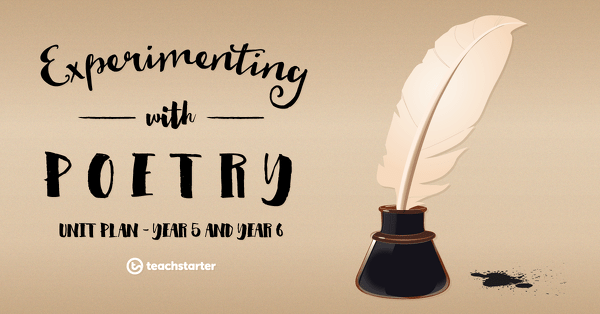
Poetry Defined
A 60 minute lesson in which students will develop an understanding of what constitutes poetry.
- Plus Plan
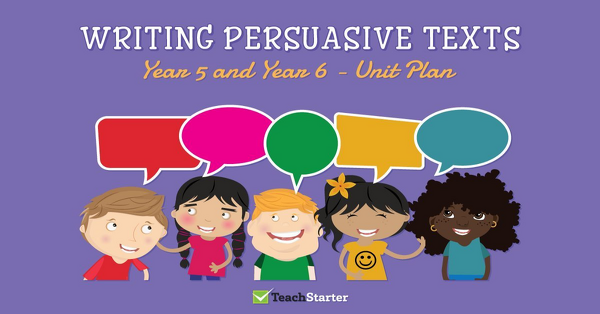
Shared Writing - Persuasive Letters
A 60 minute lesson in which students will write a persuasive letter using appropriate text structure, language features and devices.
- Plus Plan
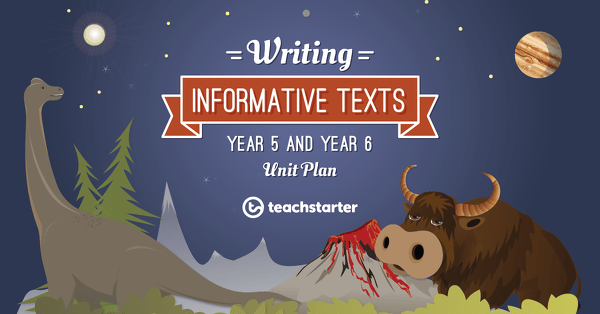
Fact or Opinion?
A 60 minute lesson in which students will identify the difference between a fact and an opinion.
- Plus Plan
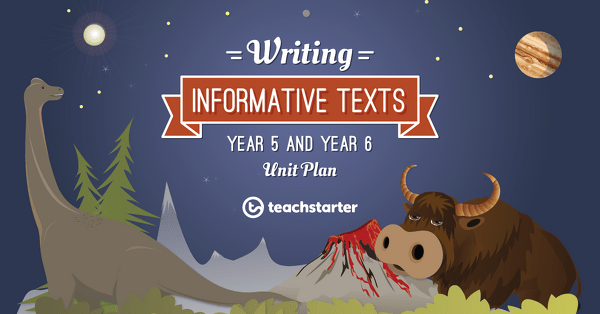
Using a Stimulus - Independent Writing
A 60 minute lesson in which students will independently write an informative text, using appropriate text structure, language and features.
- Plus Plan
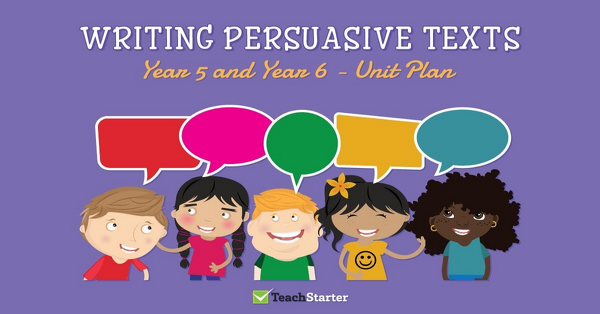
Persuasive Texts - Language Features
A 60 minute lesson in which students will identify and explore the language features of persuasive texts.
- Plus Plan
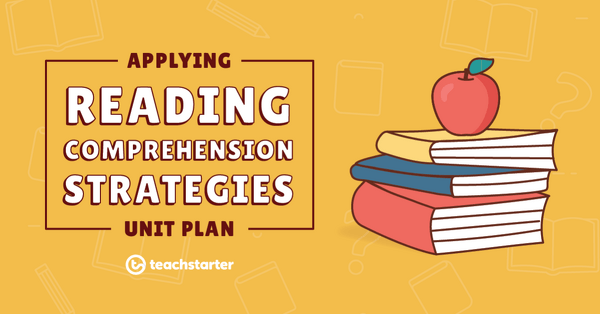
Visualising
A 60 minute lesson in which students will learn and apply the reading comprehension strategy of visualising.
- Plus Plan
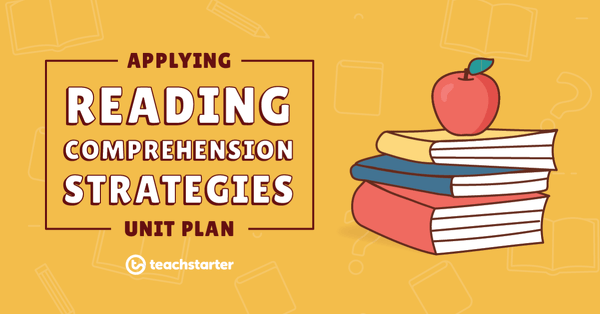
Predicting
A 60 minute lesson in which students will learn and apply the reading comprehension strategy of predicting.
- Plus Plan
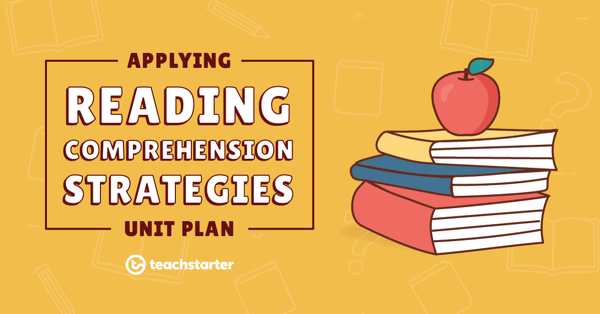
Monitoring
A 60 minute lesson in which students will learn and apply the reading comprehension strategy of monitoring.
- Plus Plan
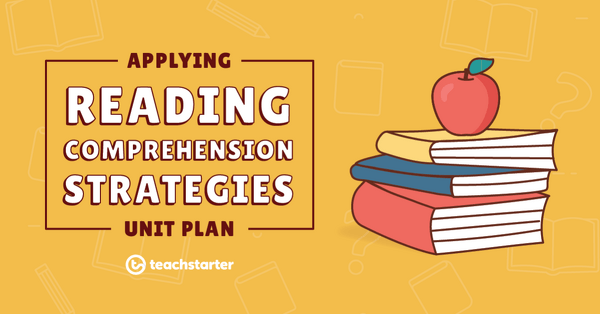
Questioning
A 60 minute lesson in which students will learn and apply the reading comprehension strategy of questioning.
- Plus Plan
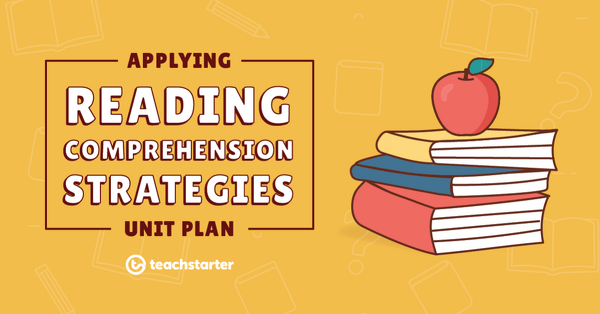
Making Connections
A 60 minute lesson in which students will learn and apply the reading comprehension strategy of making connections.
- Plus Plan
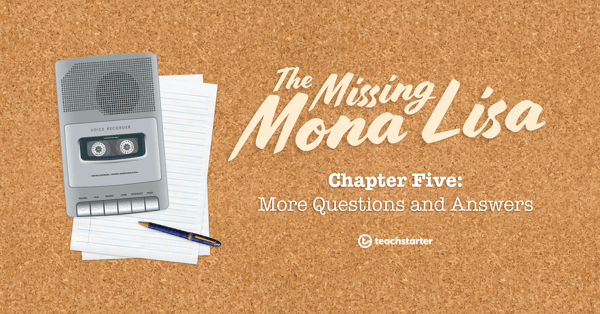
The Missing Mona Lisa – Chapter 5: More Questions and Answers
This chapter provides the Adventure Agents with the two remaining police interview transcripts and an extra very important piece of evidence has just been discovered!
- Plus Plan
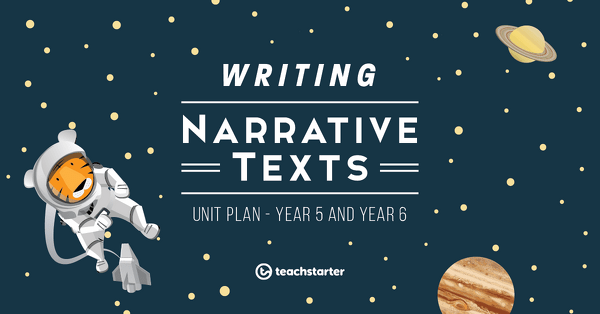
Writing a Narrative - Shared Writing
A 60 minute lesson in which students will write a narrative, in pairs, using appropriate text structure, language and features.
- Plus Plan
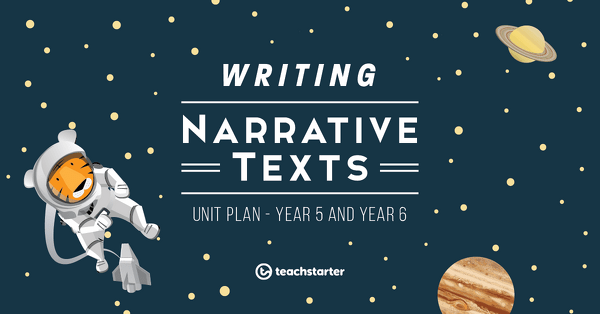
Narrative Texts - Text Structure
A 60 minute lesson in which students will identify and explore the structure of narrative texts.
- Plus Plan
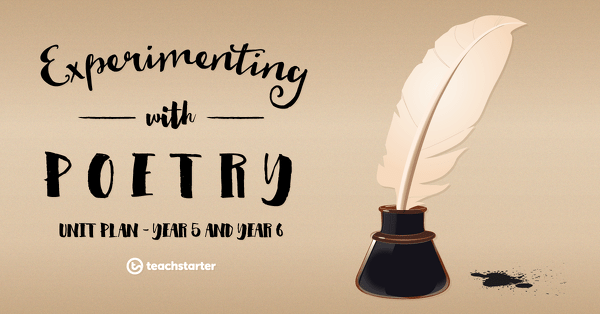
Figurative Language
A 60 minute lesson in which students will identify and investigate figurative language in poetry.